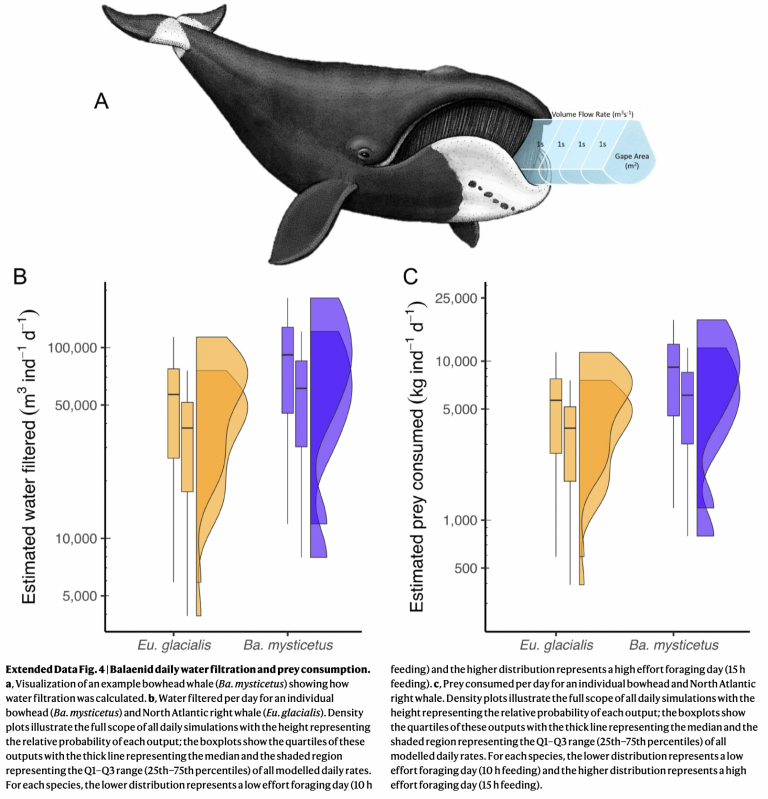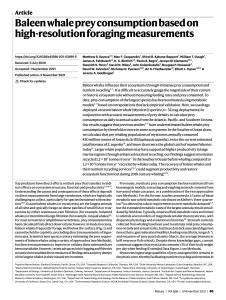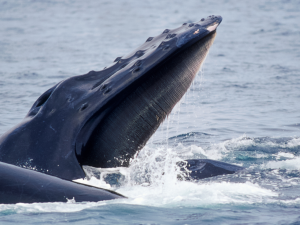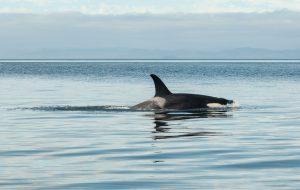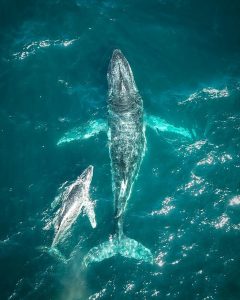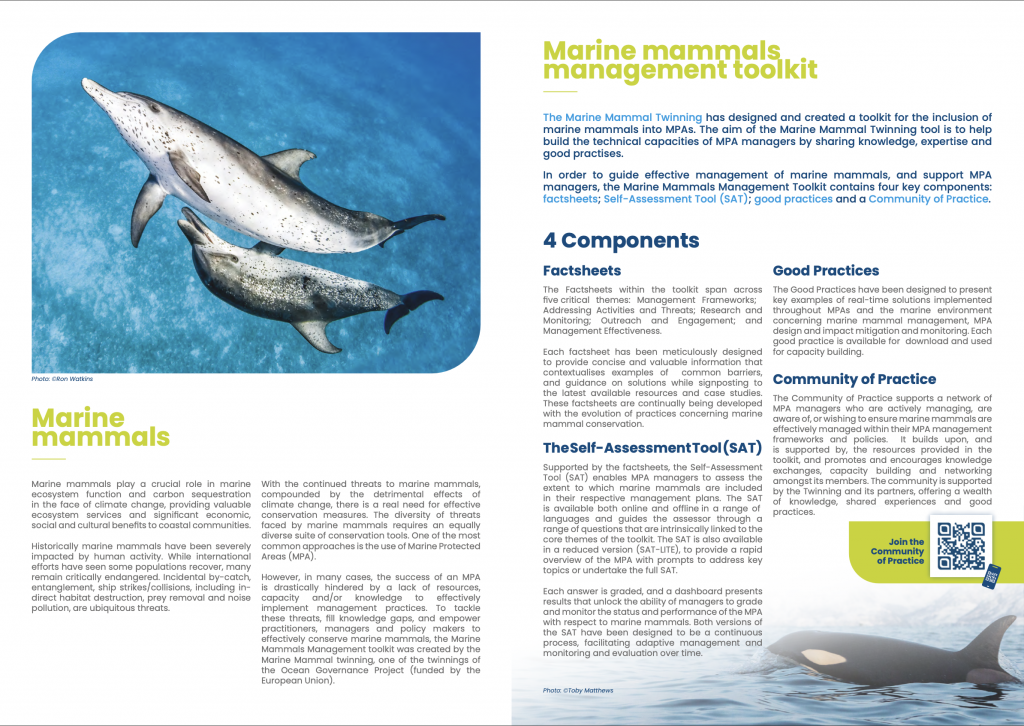A group of researchers from Stanford University has published a new paper on prey consumption of baleen whales.
Previous studies on prey consumption of large marine animals have used metabolic models. Here, the research group used tags deployed on seven baleen whale species in conjunction with acoustic measurements of prey density to calculate prey consumption at daily to annual scales from the Atlantic, Pacific, and Southern Oceans.
This paper found that previous studies have underestimated prey consumption by threefold or more in some ecosystems, thus undermining the ecosystem services they provide. These findings suggest mysticetes recycled 1.2 × 104 tonnes iron yr−1 in the Southern Ocean before whaling compared to 1.2 × 103 tonnes iron yr−1 recycled by whales today providing a clear insight into the impact of whaling and reduced populations on nutrient cycling in the Southern Ocean.
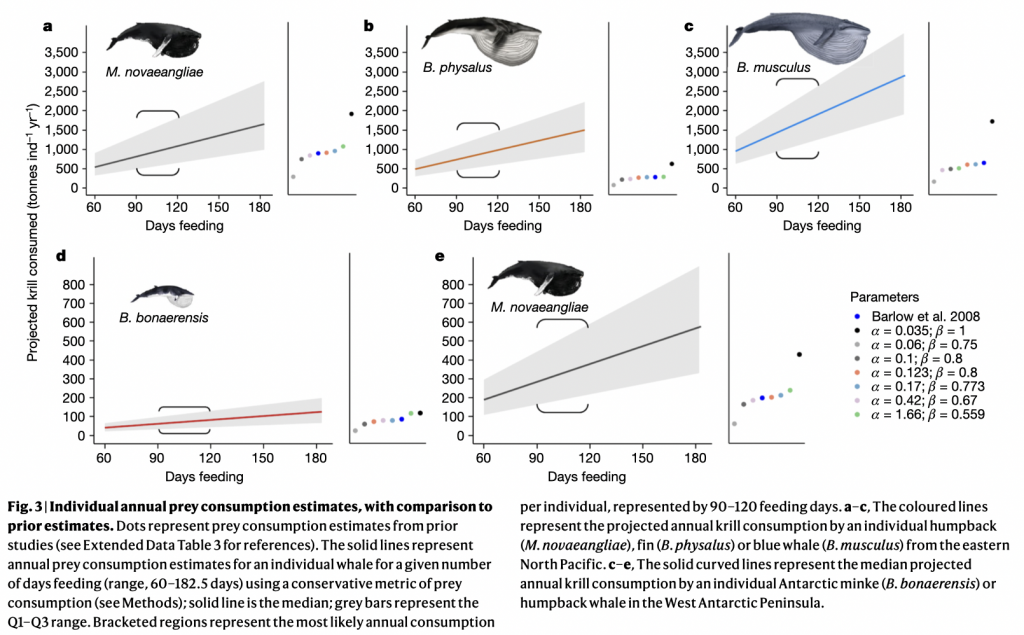
Why is this important?
Whales have a key role to play in maintaining ocean health, as they help mitigate climate change, transport nutrients, enhance marine productivity, and promote biodiversity in marine ecosystems. This new study examples the importance of whale populations for a myriad of ocean benefits and that concerted efforts on baleen whale recovery could augment productivity and restore ecosystem function lost during 20th century whaling.


